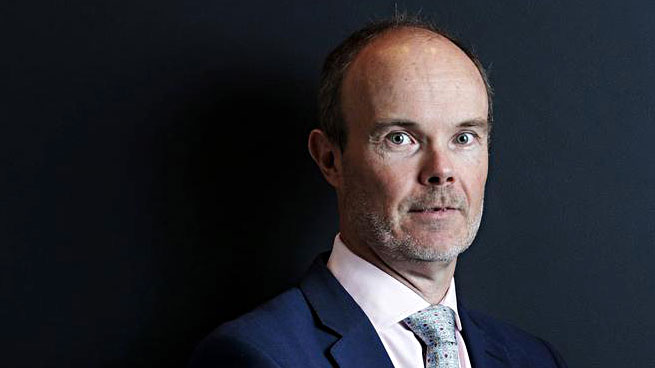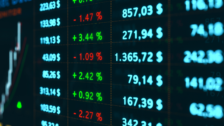Douglass confronts new world order
In conversation with Ticky Fullerton, business editor-at-large for “The Australian,” Magellan co-founder Hamish Douglass said that two major factors loom as catalysts for an “investment day of reckoning”: the potential for the emergence of vaccine-resistant Covid strains (a case strengthened by the delta variant, which has sent Douglass himself into lockdown with the rest of Sydney), and burgeoning inflation, which may or may not be transitory.
“If we truly get inflation, we could get a U-turn in monetary policy, particularly in the United States. If that were to happen in the next twelve months or so, all bets are off for these current high equity markets,” Douglass said. “Are we going to have a day of reckoning?.. I would say to people, this isn’t a time to get over-confident in believing one outcome or the other. I don’t think it’s knowable.”
The question of a major correction is academic for Magellan, Douglass says, because its portfolio, weighted heavily towards defensives, wouldn’t necessarily suffer in one. There are also equally compelling reasons to believe there won’t be one – primarily, the strengthening vaccine rollout and material recovery in global GDP (not that markets ever paid much attention to either of those factors). And while he issued another mea culpa for missing the red-hot recovery trade in the closing months of last year (“I could have weighted the portfolio somewhat more to some cyclical assets… hindsight is 20/20”) what concerns Douglass more is the long game; not what markets look like in the next six-to-12 months, but what they look like in three-to-five years.
“I think under most circumstances the portfolio is very well positioned; it’s in outstanding businesses that have a lot of structural growth, that we think are attractively priced,” Douglass said. “The hardest thing moving forward is if inflation really reared its head and we got a material increase in long-term rates, particularly in the United States.”
Despite Douglass’ confidence in the businesses that Magellan is invested in, he has taken some risk out of the Global Fund in the face of the possibility that substantially higher inflation – and therefore, a recessionary environment caused by the deliberate slowing of the economy – does arrive. Magellan recently sold out of Estee Lauder (NYSE: EL) – a “fabulous business” – because it “couldn’t get there on (the impact of) higher interest rates on its valuation.”
“We’ve sold down some of our utilities holdings and bought businesses that we think are more inflation-proof because they act more like an inflation-linked bond where they can effectively grow their earnings with inflation,” Douglass said, adding that Magellan had bought more shares in multinational consumer goods business Procter and Gamble (NYSE: PG) because of its pricing power.
“If we really believed this risk was very high we could take further action. But we don’t want to take an extreme view on this. We think that there’s a moderate risk of this happening… but if you go too far on inflation protection here, say, by holding heaps of cash, and it turns out to be transitory and the world reopens, that could be very costly for investors.”
Something Douglass is dead certain of is that booming interest in Bitcoin represents one of “the greatest mass delusions in modern history” and that its price will inevitably crash to zero. That represents another threat to markets because of the “contagion effect” it could have on general investor confidence if Bitcoin – and other stocks that Douglass believes are overpriced, including Tesla (NASDAQ: TSLA) – lost most of their value.
“There are millions and millions of people participating, some of them have never invested before and the only bandwagon they’ve ever gotten on is the cryptocurrency bandwagon. There’s almost like a religion behind it,” Douglass said. “There will be many people who disagree, because people in a cult don’t like somebody pointing out that the emperor doesn’t have any clothes… When we look back in 20 years, it will be the case study for irrationality.”











